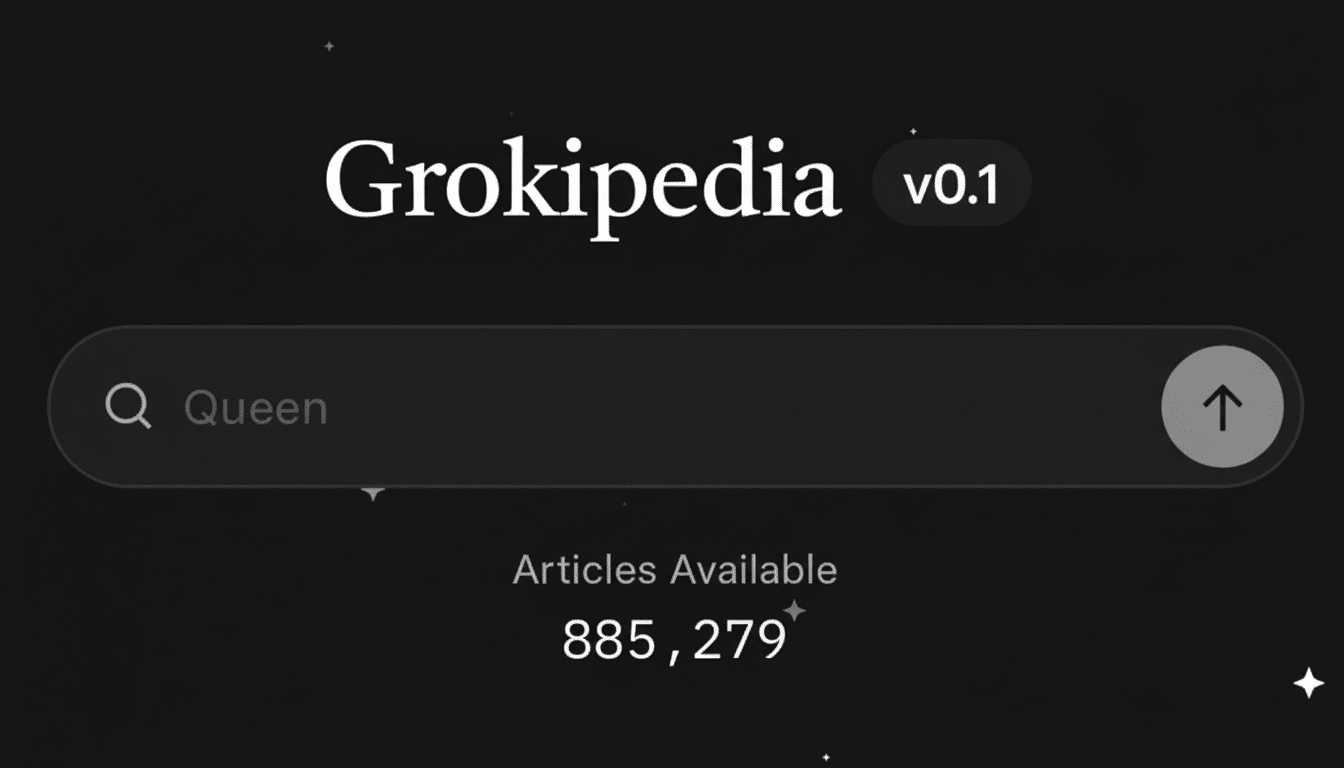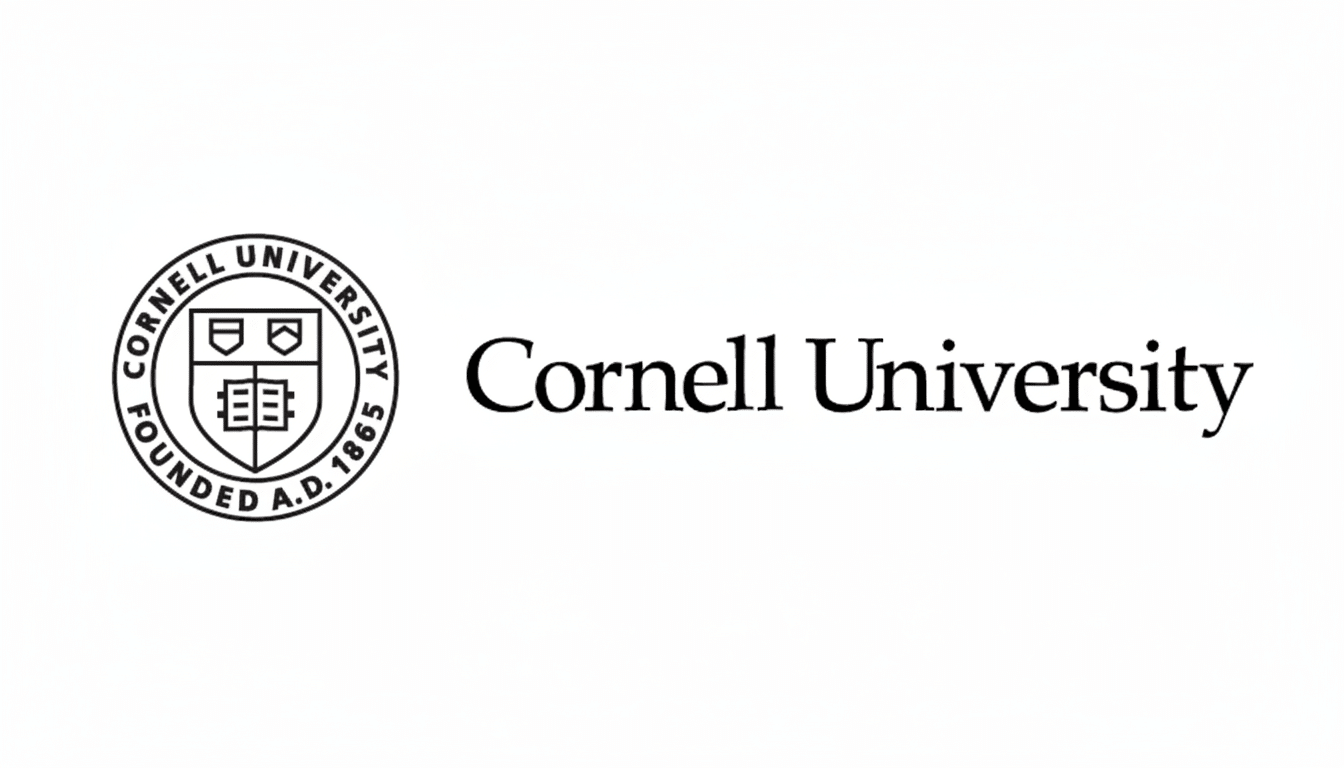Grokipedia, the upstart online encyclopedia that is positioning itself as a Wikipedia competitor, keeps citing white supremacist websites and other invalid sources, according to a fresh analysis from two Cornell Tech researchers. The preprint study, which scraped more than 880,000 entries and examined patterns of sourcing, flags dozens of citations to Stormfront alongside frequent references to far-right sites like Infowars and VDARE.
Not Outliers: Extremist Citations, Researchers Say
Grokipedia is showing links to Stormfront (the internet’s longest-standing white nationalist forum) in several of its article pages, the Cornell Tech team reported. Stormfront is one of the oldest neo-Nazi hate sites on the internet, according to the Southern Poverty Law Center, which tracks hate groups. The study also recorded 34 citations from Infowars and 107 references to VDARE, which SPLC labels as white nationalist.

For comparative spot checks, Wikipedia entries on similar topics are heavily dependent on mainstream newsrooms, academic journals and institutional reports. In contrast, the Grokipedia entries are “longer and more verbose,” with about twice as many sources in total cited as an average entry overall, the researchers say, but a significantly larger proportion of them are from low-credibility or extremist-related domains.
Bias Clustered Around Politics And Controversy
And it finds that on Grokipedia, versions of pages about elected officials and other controversial content are more dissimilar from their Wikipedia counterparts than less political topics. Put another way, the more an entry pertains to modern politics, culture-war flashpoints or polarizing historical debates, the greater the likelihood it will rate strange or fringe sourcing.
Researchers also point out that Grokipedia seems to concentrate its most aggressive rewrites on copies of Wikipedia’s highest-quality articles, particularly those on biographies, politics, society and history. Such a strategy could enhance the visibility of questionable references, since those topics have an outsize influence on what gets readership and ranking in search engines.
Why It Matters Where Information Comes From
Stormfront, Infowars and VDARE have long been flagged by media literacy groups and newsrooms as untrustworthy and propagandistic. According to Wikipedia’s community governance, Infowars is deprecated altogether and questionable sources that are extremist or known for fabricating news should not be used in biographies of living persons unless they have an explicit disclaimer about their accuracy. That policy is intended to combat “citation laundering,” or the sneaking of fringe claims into mainstream discourse through aggressive cross-linking and volume as opposed to objective validity.
By the time such sources make their way into encyclopedic entries, even as part of a larger array that includes mainstream citations, they risk normalizing fringe narratives. In practice, this can shift the Overton window of “acceptable” sourcing and make it more difficult for readers to determine what evidence has been vetted as credible versus what is ideologically pinched.

An Alternate Editorial Model Raises Questions
Grokipedia’s editorial process is opaque. Contributions can be suggested, but there is no Wikipedia-style open editing or apparent community monitoring and vetting of submissions. The Grok chatbot answers claims itself, but it previously has been scrutinized for damaging responses and historical revisionism in other settings, the site’s creators have said.
At its heart, Wikipedia is designed to hold up five core pillars that focus on neutrality, verifiability and dependable sourcing along with public talk pages and audit trails for disagreements. Community-driven safeguards like those that sustain Wikipedia aren’t apparent on Grokipedia, according to Harold Triedman, a coauthor of the Cornell Tech analysis — emphasizing what could be an exposure: the disparity between the number and robustness of citations.
In the Absence of Guardrails, Scale Exponentiates Risk
Grokipedia’s footprint is expanding quickly. The researchers took a previous snapshot of the site, comprising more than 880,000 pages; the platform’s v0.2 now contains more than a million articles. At that volume, a small percentage of unreliable citations can make millions of impressions, particularly if algorithms at search engines bring up these pages around trending subjects.
The general lesson is simply stated: a reference work’s credibility does not lie in how many citations it gathers but in how they are selected. When extremist forums and disinformation websites are included among the routine references, readers get a warped sense of what facts are in question at all, and public discourse drifts away from inconvenient narratives towards those constructed for ideological show rather than truth.
What to Watch Next in the Grokipedia Sourcing Debate
The Cornell Tech study hasn’t yet been peer-reviewed; it’s currently a preprint, which means outside academics have time to weigh in on the results or report errors before final publication, a common process for evaluating work that makes big claims based on sensitive data. But its approach — scraping at scale and performing domain-level analysis with comparison checks against another source of ground truth, Wikipedia — provides a solid springboard for more independent investigations. Transparency about editorial processes, clear sourcing guidelines and a published list of deprecated domains would be the least that any platform seeking to assert itself as an encyclopedia might do.
Until that day arrives, experts recommend readers take Grokipedia’s political and historical entries with a grain of salt, verify claims with mainstream sources and be on the lookout for gazetteer lists that boost propaganda sites as though they’re no different than reputable references.

